Lost photographs of Edward Whymper's controversial conquest of the Matterhorn summit to be published
Previously lost photos of Whymper's scandal-ridden ascent of the Matterhorn, where four men died, will be published for the first time in a reprint of his memoir

In 1865, in what is now referred to as "the golden days of Alpinism", English mountaineer, explorer, illustrator and author, Edward Whymper, completed the first ascent of the Matterhorn, in the Alps.
Climbing the Matterhorn was considered an impossible endeavor, and his achievement would go on to inspire many mountaineering endeavors to come.
However, it was marred by conspiracy and scandal as four members of his party were lost on the descent – with many at the time crying foul play.
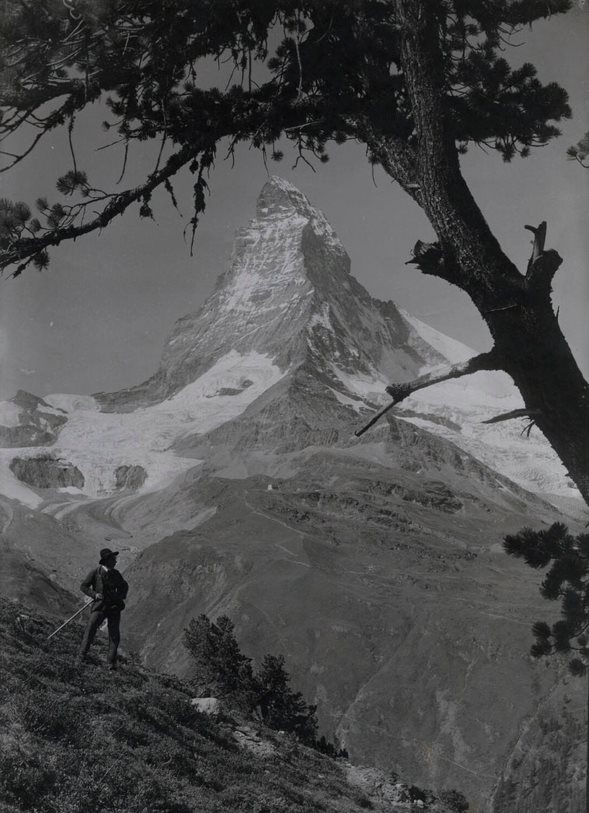
Whymper later returned to the Matterhorn, in what must have been an incredibly painful experience, in order to take some of the first photographs of the mountain.
He used one of the first portable cameras – mobile but still awkward big pieces of equipment, with potentially harmful chemicals that required 15 minutes of mixing.
When he published his memoir, The Ascent of the Matterhorn, in 1879, the technology at the time prohibited him from publishing it with his photographs. So instead he used his significant skill as an illustrator and included his engravings.
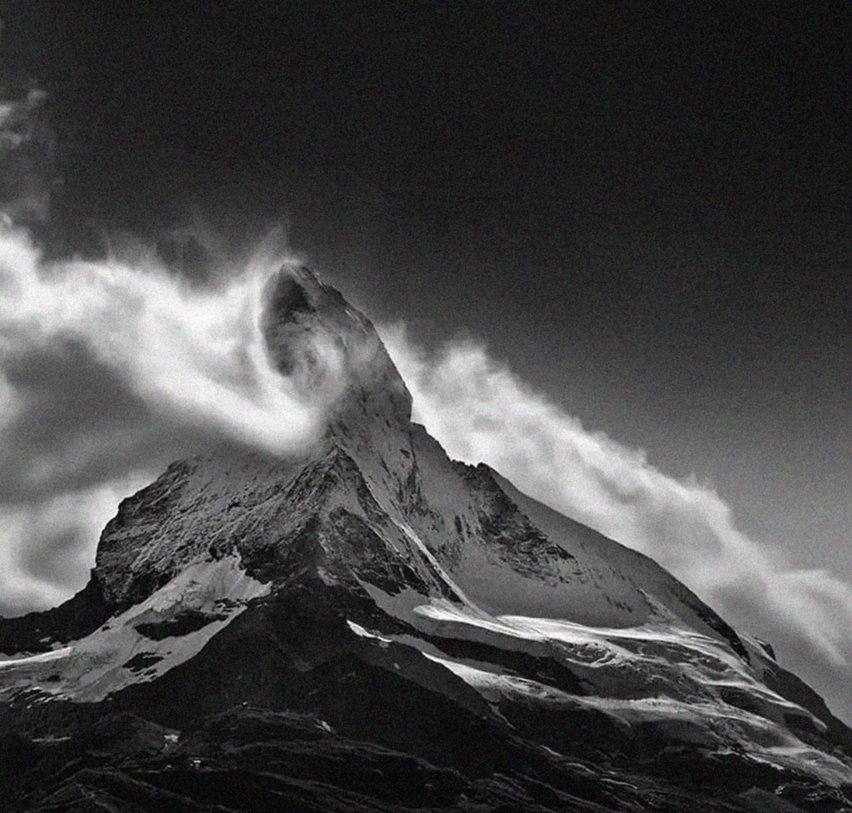
Fast-forward to 1968, and Whymper's book was republished – but with his original photographs thought lost, the volume featured images taken by a modern photographer.
Get the Digital Camera World Newsletter
The best camera deals, reviews, product advice, and unmissable photography news, direct to your inbox!
However, after the images were discovered at auction, Gibson Square Media is republishing Whymper's memoir alongside his own photographs for the very first time.
The Ascent of the Matterhorn & The Forgotten Photographs will be released on August 18, in association with The Alpine Club.
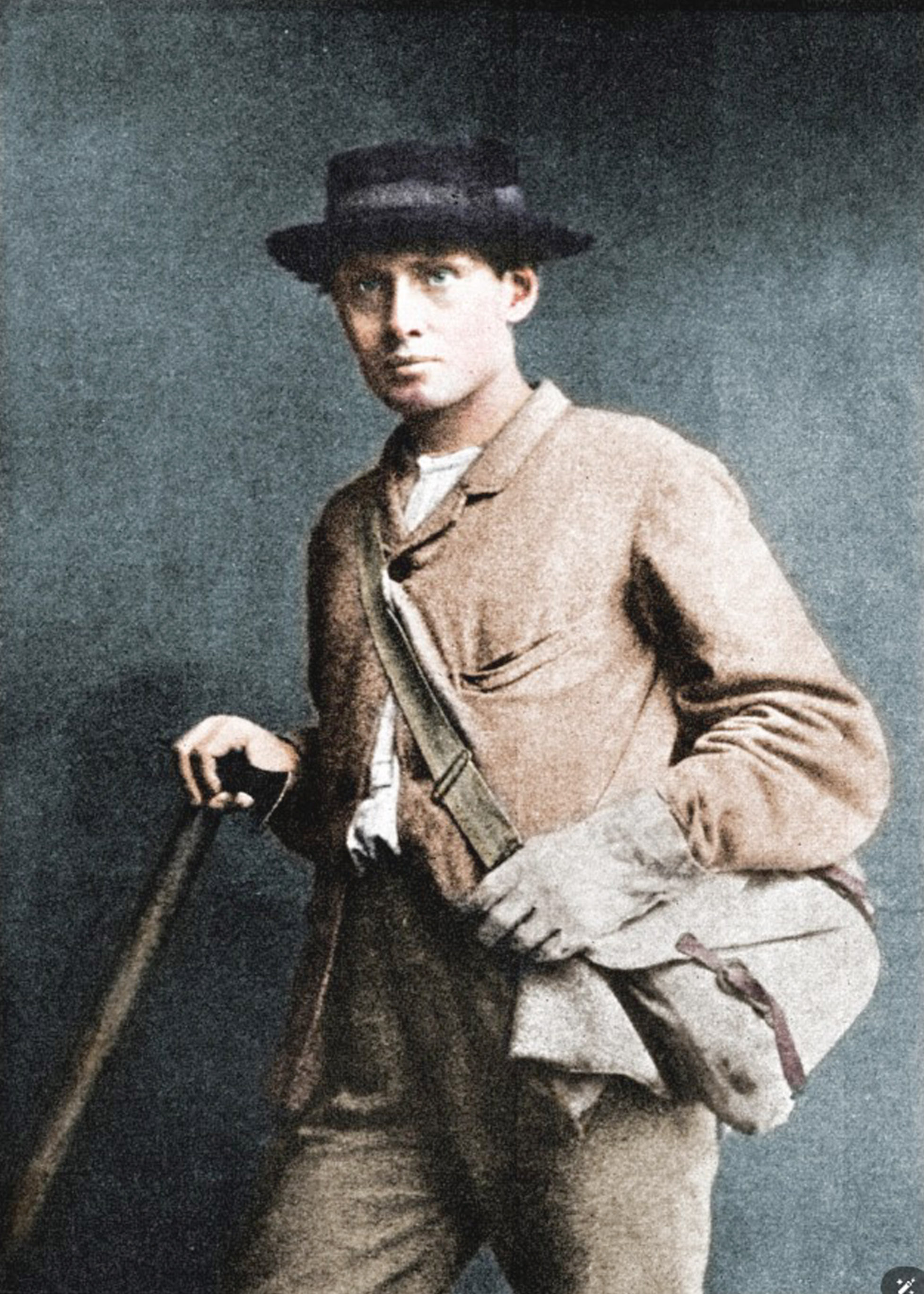
The book was the first ever adventure bestseller at its original release, and ignited a global obsession with mountaineering that is partly responsible for its enduring popularity today.
Whymper once had dreams of becoming a Prime Minister, and the new publication has a foreword by ex-British PM Theresa May – who apparently admires Whymper and has a longstanding passion for the Alps. Who knew?
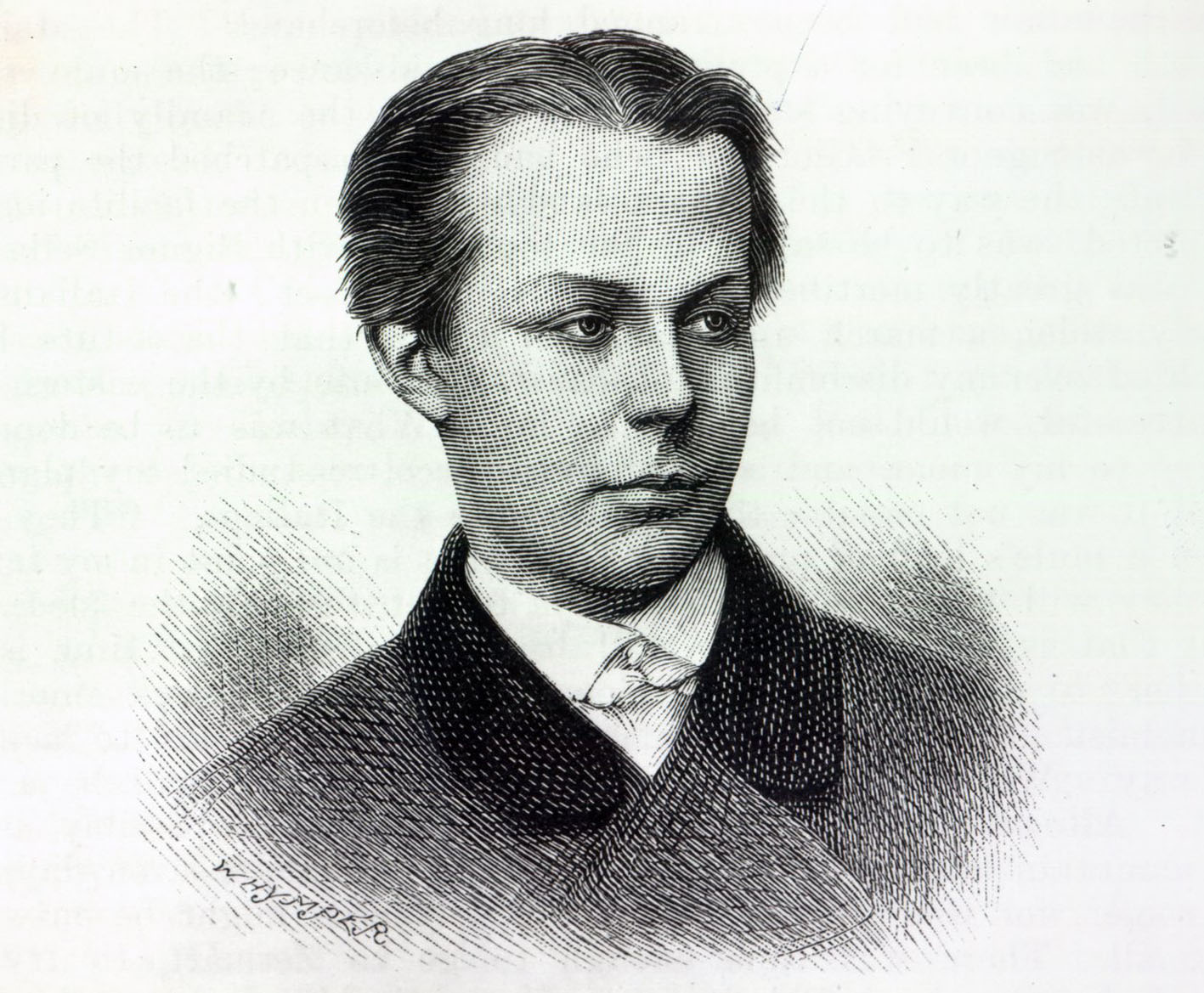
"A glance through the catalog of the Alpine Club Library shows that Edward Whymper was about so much more than the Matterhorn," May writes.
"Yet it is the Matterhorn that has defined him over the years – and his first ascent of this iconic mountain that defined the relationship between Britain and the Alps and opened up Alpinism to the rest of the world. How ironic therefore that his fame came as much from the drama and tragedy of the descent of the mountain as from the victory and glory of its ascent."
Summiting the Matterhorn after eight unsuccessful attempts, the first to reach the top, the achievement was marred by the tragedy of the descent.
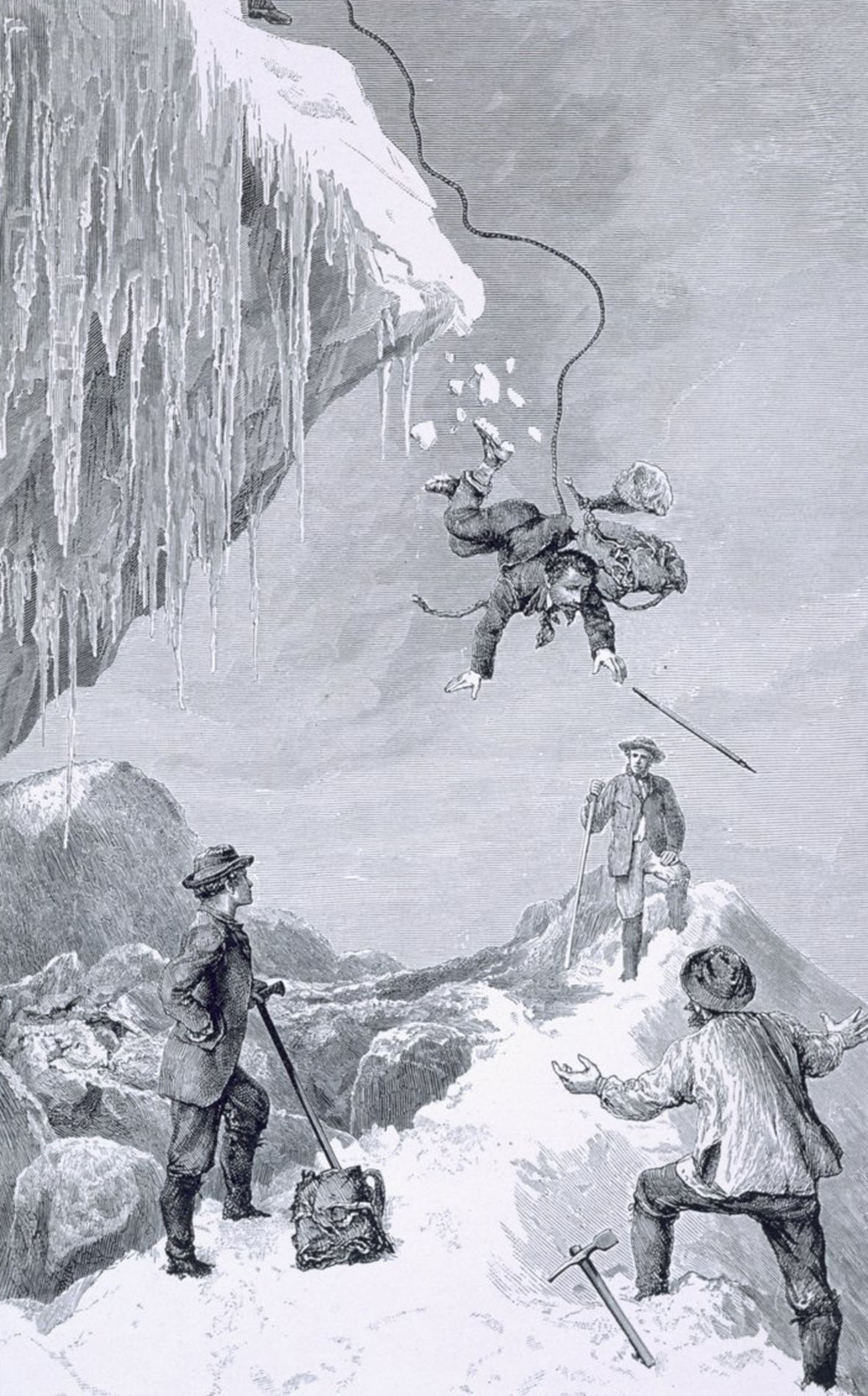
On the way down to their base in Zermatt, the inexperienced Douglas Hadow lost his footing and he and three other men – French guide Michael Croz, Lord Francis Douglas and Reverend Charles Hudson – fell to their deaths after a climbing rope snapped. Eighteen-year-old Douglas' body was never found.
Their deaths caused a scandal in England, with rumors of sabotage and rope-cutting running wild within society, and leading Whymper to be called "the Robespierre of Mountaineering" by fellow climber Sir Leslie Stephen.
Amazingly, Whymper's controversial achievement is still a hot topic in Zermatt. Did he cut himself free of the safety rope so he could be the first to stand atop the mountain, thus leaving the group without a failsafe? Or was it all just a tragic accident, morphed into a mystery by the sensationalism of time?
If you're hearing the call of the wild, why not take a look at our guides to the best action cameras, the best travel cameras, the best 360 cameras, and the best waterproof cameras on the market.

After graduating from Cardiff University with an Master's Degree in Journalism, Media and Communications Leonie developed a love of photography after taking a year out to travel around the world.
While visiting countries such as Mongolia, Kazakhstan, Bangladesh and Ukraine with her trusty Nikon, Leonie learned how to capture the beauty of these inspiring places, and her photography has accompanied her various freelance travel features.
As well as travel photography Leonie also has a passion for wildlife photography both in the UK and abroad.
